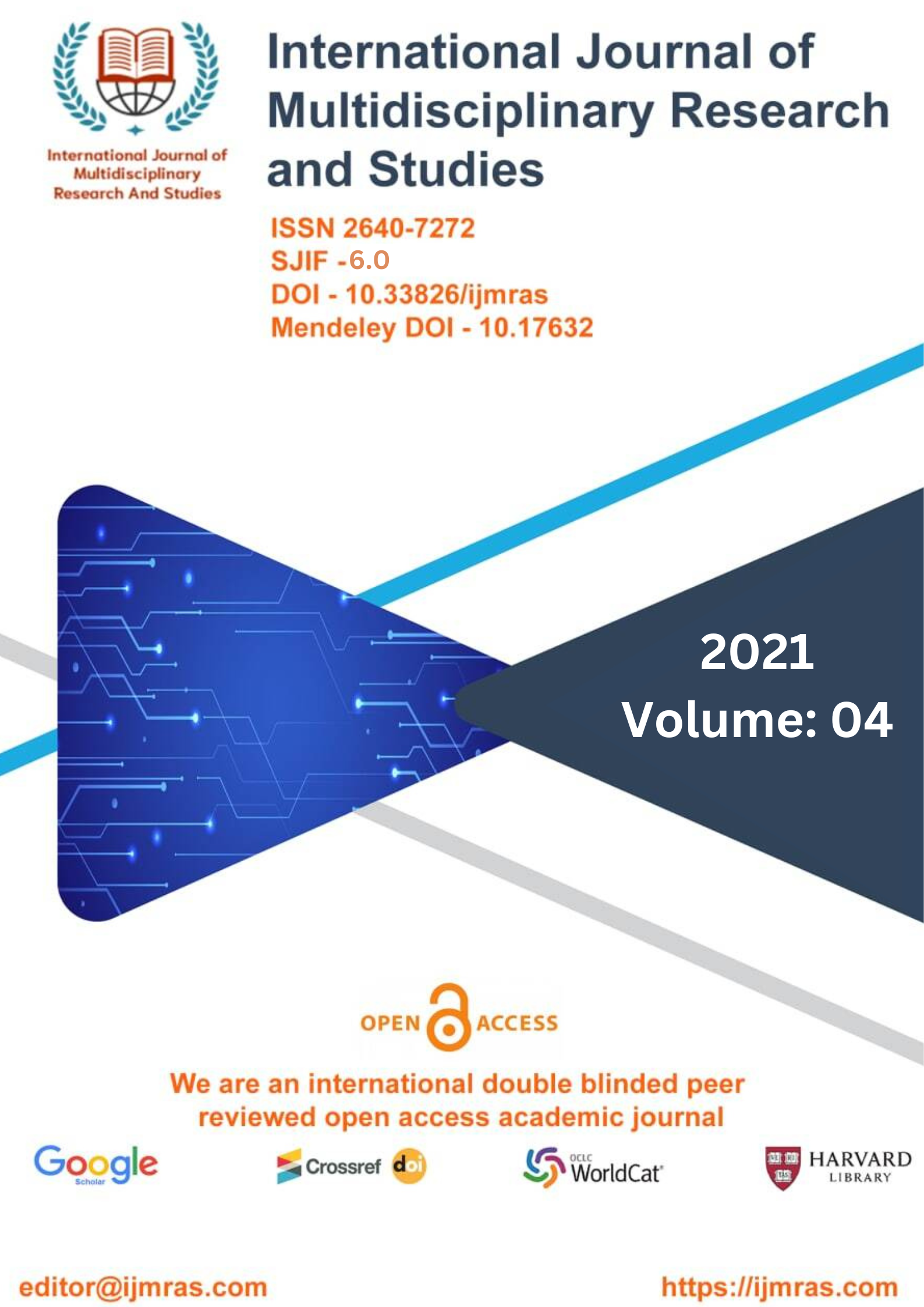DIGITAL INFORMATION LITERACY OF UNIVERSITY FACULTY AND RESEARCH SCHOLARS

Abstract
The number of individuals who use the internet has increased by a factor of 11 over the course of the last seven years. As a direct result of this growth, internet cafes and cybercafés can now be found in almost every city and town throughout the whole of India. Because of the enhanced speed of the internet, these businesses are able to provide services that are not only easy to use but also reasonably priced. The onset of the digital era ushered in a period of time that brought about enormous changes to the environment of libraries and information. Because of these shifts, traditional libraries have adapted their operations to become "Knowledge Centers," with a focus on value-added electronic information services. This is a consequence of the developments that have taken place. People are considered to have digital literacy if they have the knowledge, the attitude, and the capacity to use digital tools and facilities in an appropriate way in order to search, access, manage, integrate, and assess digital resources and make media. Literacy comprises the abilities of reading and interpreting a variety of types of media, recreating data and images via the use of digital alteration, as well as analyzing and making use of newly obtained information from digital settings.
Keywords
Information, LiteracyHow to Cite
References
Anjaiah,M.(2014).Digital Information Literacy Skills Among Users in Public Libraries: A Case Study of District Central Library, Warangal District, A.P., In B.Ramesh Babu and Others (eds) Role of Library Associations in Promoting Information Literacy in the Knowledge Society, APLA, Vijayawada, pp.327- 334
Barbara R. Jones-Kavalier and Suzanne L. Flannigan: Connecting the Digital Dots: Literacy of the 21st Century; Bawden, D. (2001). Information and digital literacies: a review of concepts. Journal of Documentation, 57(2), 218–259.
Bawden, D. (2008). Origins and Concepts of Digital Literacy. Digital literacies: concepts, policies and practices, 17-32.
Carroll, J. (2013, June). Engaging and authentic technology use for literacy learning in the middle years. Literacy Learning: The Middle Years, 21 (2), 7-17.
Ellis,D.Oldman,H (2005) The English literature researcher in the age of Internet”,Journal of Information Science Vol.31 No. 1 [6] Gilster, P. (Ed.). (2006). Digital fusion: defining the intersection of content and communica- tions. In A. Martin & D. Madigan (Eds.), Digital literacies for learning (pp. 42–50). London: Facet Publishing. [7] Gilster, P. (1997). Digital literacy. New York: Wiley.56-65
Harris, M. W. (2013). What's a digital library?. Retrieved July,24, 2013, from http://nextnexus.info/writing/infostudies/digital_libraries.php
Joinson, A., & Banyard, P. (2002). Psychological aspects of information seeking on the internet. ASLIB Proceedings, 54 (2), 95-102.
Paul Gilster, Digital Literacy, New York: Wiley and Computer Publishing, 1997, p.1.
Ray K. & J. Day (1998) Student Attitudes towards Electronic Information Usage“Journal of Information Research” Vol. 4 No.2,17-23
Rockman, I.F. (2001). Visionary pragmatism in an e-library environment. Reference Services Review, 29 (3), 169-170.
Shuling, C. & Wu.H. (2007), Investigation and Analysis of current use of electronic resources in University libraries. Library management. Vol.28 No. 1,2, 72-88
License
Copyright (c) 2021 Aarti Kumari

This work is licensed under a Creative Commons Attribution 4.0 International License.
Individual articles are published Open Access under the Creative Commons Licence: CC-BY 4.0.




